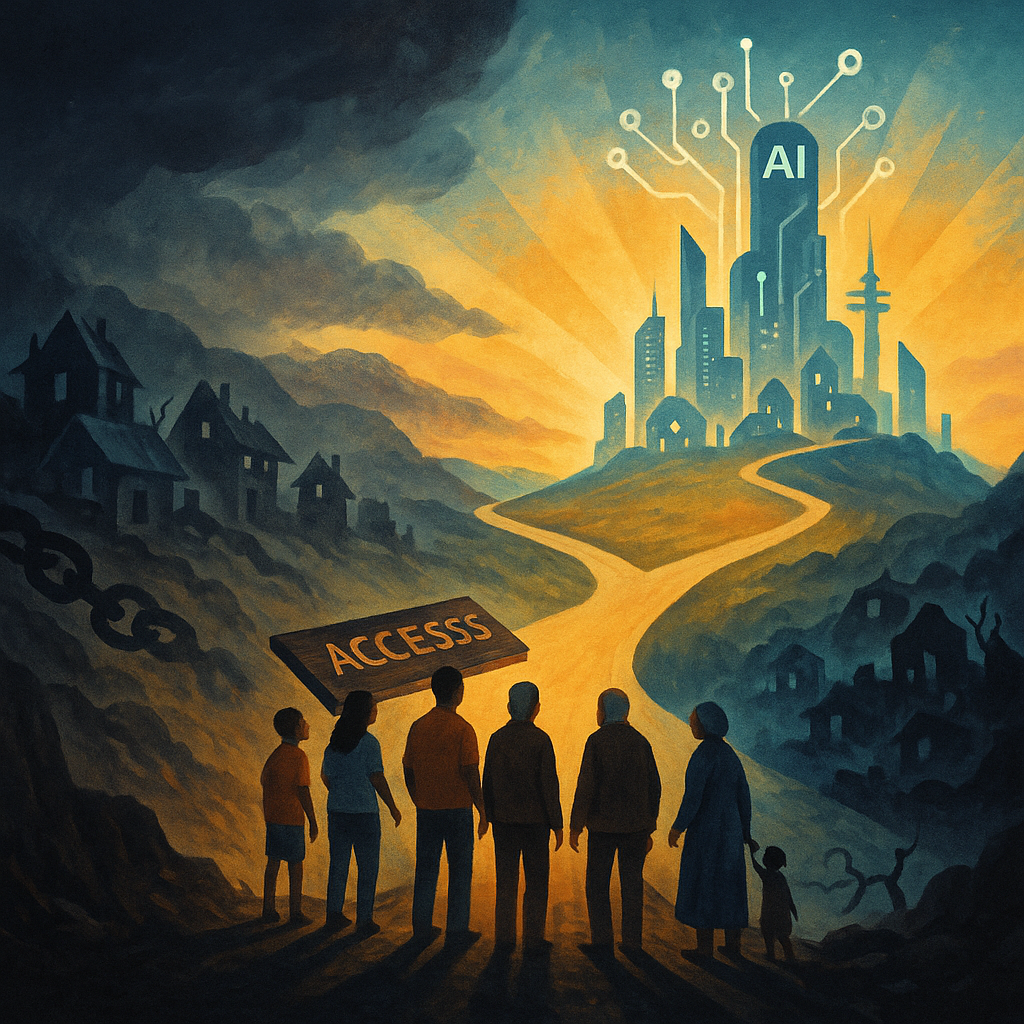
Someone asked me today “what’s really hard about AI?”, and I’ve been thinking about it ever since. Sure, there’s all the technical stuff, the alignment problems, the job displacement concerns. But the thing that came to mind, is how it will to create a two-tier system.
Now, I know what you’re thinking – there’s already a two-tier system, right? The haves and have-nots, the educated and uneducated, the connected and disconnected. But this is different, because this particular technology will exacerbate each of those divides, because AI is an amplifer. Intelligence is useful, and not everyone can make use of it.
The Slack Problem
I’ve got some friends who have great structural disadvantage, and their lives are quite chaotic as a result. They really can’t make use of AI. When you’re dealing with housing insecurity, health crises, family trauma, systemic disadvantage – you don’t have the mental space, the time, or the luxury to sit down and figure out how to optimise your life with AI tools.
Then I’ve got another friend who’s having a hard time raising her teenage daughter. She’s discovered AI, and it’s brilliant for her. The AI gives her great advice, offers new perspectives on parenting challenges, helps her think through difficult conversations. She’s getting real value from it because she’s got just enough slack in her life to engage with it meaningfully.
That’s the thing about these tools – they require some slack. You need enough stability, enough headspace, enough basic needs met to actually engage with AI in a way that’s beneficial. It’s not enough to just have access to ChatGPT on your phone. You need the cognitive resources to actually use it, to learn how to use it effectively, the time to iterate and experiment, the foundational knowledge to evaluate its outputs.
The Acceleration Effect
The thing is, people who can use AI effectively are going to zoom ahead. And I mean really zoom ahead. Because intelligence amplification is multiplicative, not additive. When you can offload your routine cognitive tasks to AI, suddenly you have more mental capacity for creative problem-solving, strategic thinking, relationship building. When you can use AI as a thinking partner, you start making connections you never would have made on your own.
I’ve seen this firsthand in myself and in our webinars. People come in skeptical or intimidated, but once they get it – once they understand how to have a proper conversation with these systems – they’re transformed. They start seeing possibilities everywhere. Their work gets better, their thinking gets clearer, their problems become more solvable.
Humanity Will Bifurcate
So humanity will bifurcate, even more than current. We’ll have the AI-enhanced humans who are getting smarter, more capable, more connected every day. And others will fall further and further behind.
It’s not about intelligence in the traditional sense. Some of the smartest people I know are struggling to adapt to AI because, well, I don’t rightly know. I do spend much time pondering this question. Maybe they can’t get past their preconceptions or maybe they don’t have the right kind of support. On the other hand, I met a bright young man, guarding bicycles in a parking garage, spending his free time learning about the world with the help of ChatGPT.
What This Means
The implications are staggering. In education, in the workplace, in civic participation – we’re going to see growing gaps between those who can leverage AI and those who can’t. And it’s not just about individuals. When a significant portion of the population gets left behind by technological change, that’s a recipe for social instability.
People are going to have feelings about this. We’ve seen this pattern before with other technologies, but AI is different because it’s about amplifying human intelligence itself. The gaps will be wider and they will open faster.
So, what to do? Myself, I see AI literacy as necessary as basic literacy, and there is a place for doing the hard work, getting AI into the hands of those who can’t make such good use of it, but sorely need a hand in their lives. There is a social justice problem here, and technology alone will not solve it.
I am very hopeful. AI could be the great equaliser. It could help level the playing field by giving everyone access to sophisticated reasoning, creative inspiration, and personalised education. But it will take some work, not only building better tools, but also building a environment where everyone can use them.
Dennis Wollersheim has a PhD in Computer Science, and has been working with computing and public health for over 40 years. He’s passionate about helping people use AI to enhance human capabilities.
